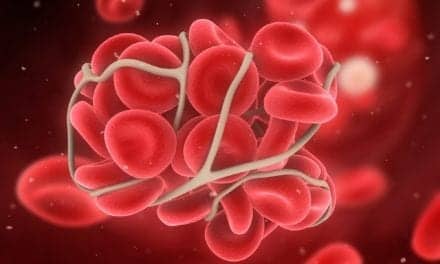
“Heart attack is a potent stimulus for EPC mobilization,” said Doron Aronson, M.D., director of the Inpatient Cardiology and Coronary Care units, RAMBAM Health Care Campus. He explained that the cells move from bone marrow to the heart to repair damaged tissue after a heart attack. These findings suggest that intermittent periods of oxygen deprivation in heart attack patients “provides a simple and powerful means to boost EPC mobilization.”
Investigators were able to trigger a similar increase in vessel-building activity in vascular cells taken from a second set of twelve healthy men and women by withholding oxygen from the cells for short periods. “Indeed, our results point at the possibility that inducing mild-moderate intermittent hypoxia may have beneficial effects,” said co-author Lena Lavie, PhD.









